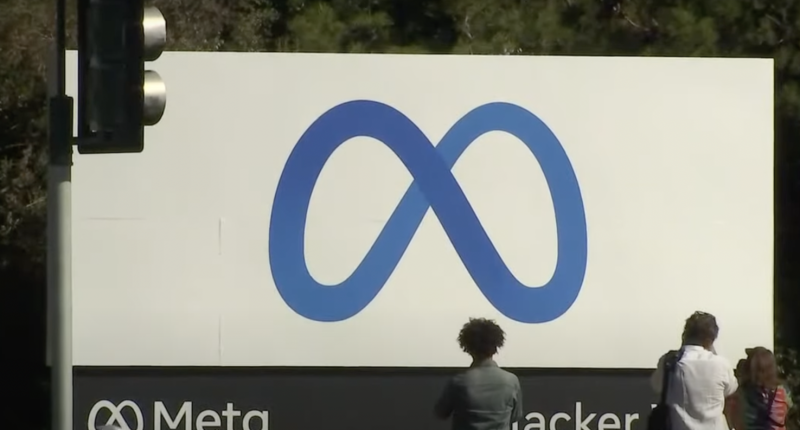Meta’s shares fell as much as 9% in after-hours trading on Wednesday after the social media giant reported its financial performance for the third quarter of the year. The company posted adjusted earnings per share of $7.25, above analysts’ expectations of $6.69, according to LSEG data. Revenue rose 26% year-over-year to $51.24 billion, exceeding the $49.41 billion consensus estimate.
The jump marked Meta’s fastest revenue growth since early 2024, driven largely by the strong advertising demand across Facebook, Instagram, WhatsApp, and Threads. However, reported earnings were sharply lower due to a $15.93 billion non-cash income tax charge, linked to the implementation of former President Donald Trump’s One Big Beautiful Bill Act. The company said the legislation will ultimately reduce its US federal cash tax payments from 2025 onward. Excluding the charge, Meta said its adjusted earnings would have been $7.25 per share.
Meta CEO Mark Zuckerberg said Meta will continue to bet big on AI infrastructure, noting that the company’s AI models and products require significant compute capacity. “Being able to make a significantly larger investment here is very likely to be a profitable thing over some period,” he told analysts on a conference call.
The company raised its 2024 expense guidance to between $116 billion and $118 billion, up from its prior range of $114 billion to $118 billion, citing higher infrastructure and personnel costs tied to AI development. Meta also lifted its 2025 capital expenditure outlook to between $70 billion and $72 billion, compared with the earlier range of $66 billion to $72 billion. CFO Susan Li said expenses are expected to accelerate again in 2026, driven by infrastructure, cloud, and depreciation costs as well as compensation for AI engineers. “Employee compensation costs will be the second-largest contributor to growth, as we recognize a full year of compensation for employees hired throughout 2025,” Li said.
Meta’s Reality Labs division, which develops its virtual and augmented reality products, continues to bleed – the unit reported an operating loss of $4.4 billion on $470 million in revenue for the quarter. Li said fourth-quarter sales for the division would likely fall year-over-year, as the company has not launched a new VR headset this holiday season. Despite those losses, Meta continues to bet heavily on its new AI-powered Ray-Ban Display glasses, priced at $799 and released in September. The glasses feature a built-in display and a neural wristband and have sold out, with demo slots booked through November, Zuckerberg said.
Meta’s advertising revenue reached $50.08 billion, beating Wall Street’s estimate of $48.5 billion, as the company continued integrating AI-driven tools into its ad products. Daily active users across Meta’s apps averaged 3.54 billion, ahead of expectations and up 8% year-over-year. Going forward, the social media giant expects its revenue for the coming quarter to fall between $56-59 billion, slightly ahead of analyst projections. Shares closed at $751.67 before dropping 7.7% to $694 in extended trading.
Still, the outlook for 2026 suggests a sharp rise in total costs. FactSet estimates Meta’s 2026 expenses could approach $97 billion. Meta has continued restructuring its AI operations. Last week, it laid off about 600 employees from its Superintelligence Labs division while maintaining its elite TBD Labs research group. Earlier this month, Meta announced a $27 billion joint venture with Blue Owl Capital to build a large-scale data center in Louisiana, part of its expanding AI infrastructure network. The company is also facing increasing regulatory scrutiny in the U.S. and Europe. Meta warned that upcoming youth-related trials in 2026 could lead to “material losses.”
The Tech Portal is published by Blue Box Media Private Limited. Our investors have no influence over our reporting. Read our full Ownership and Funding Disclosure →






